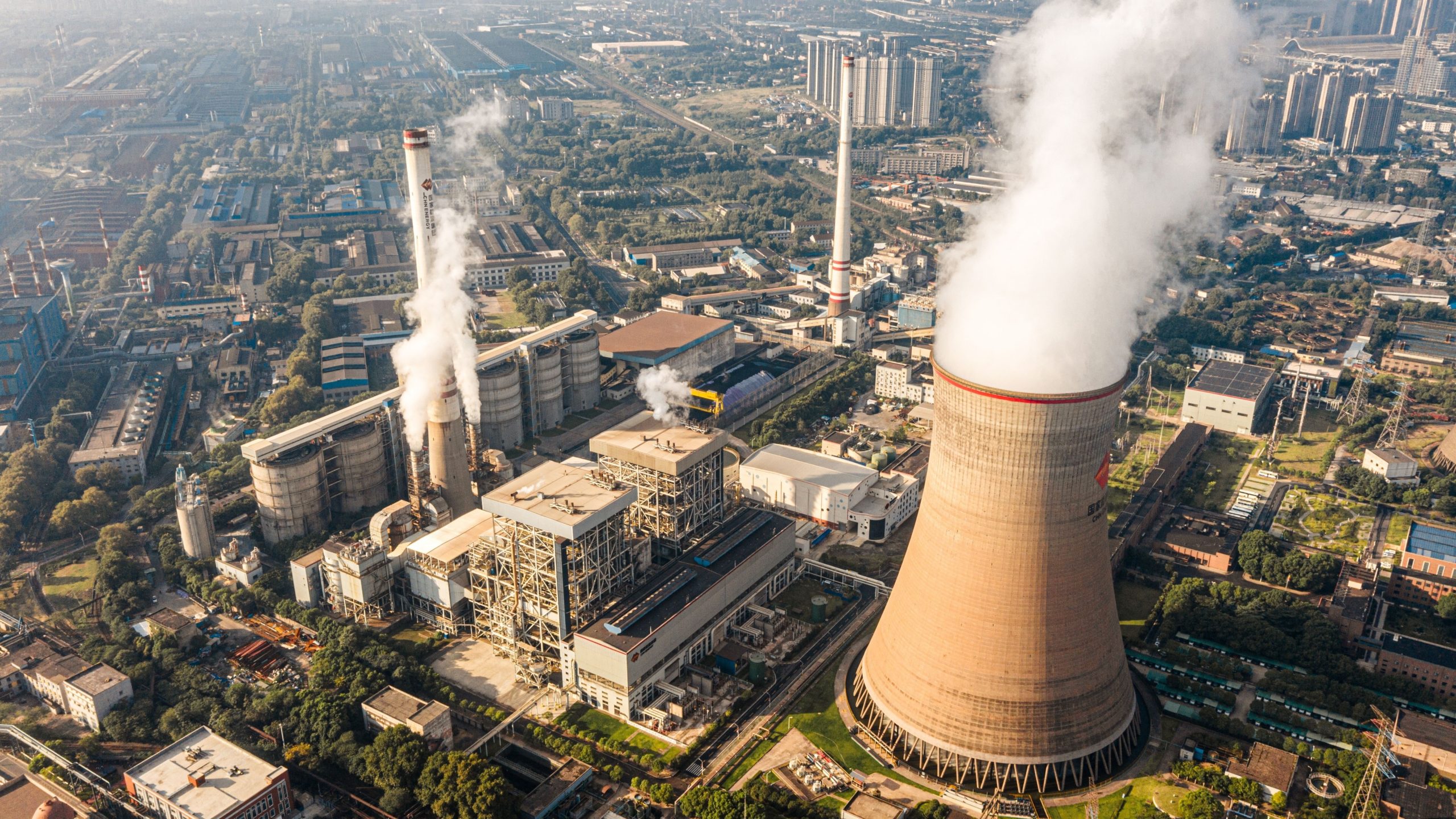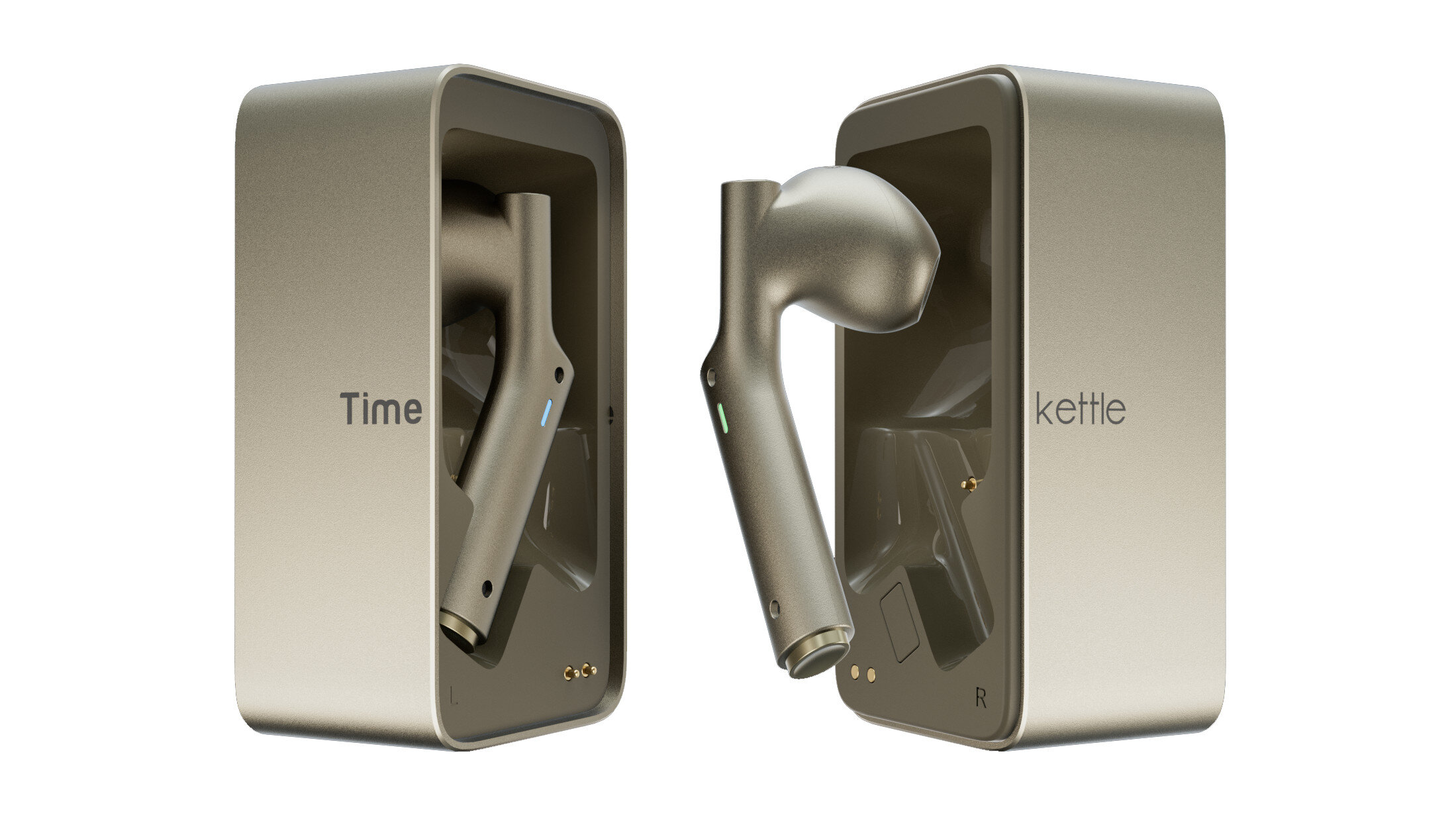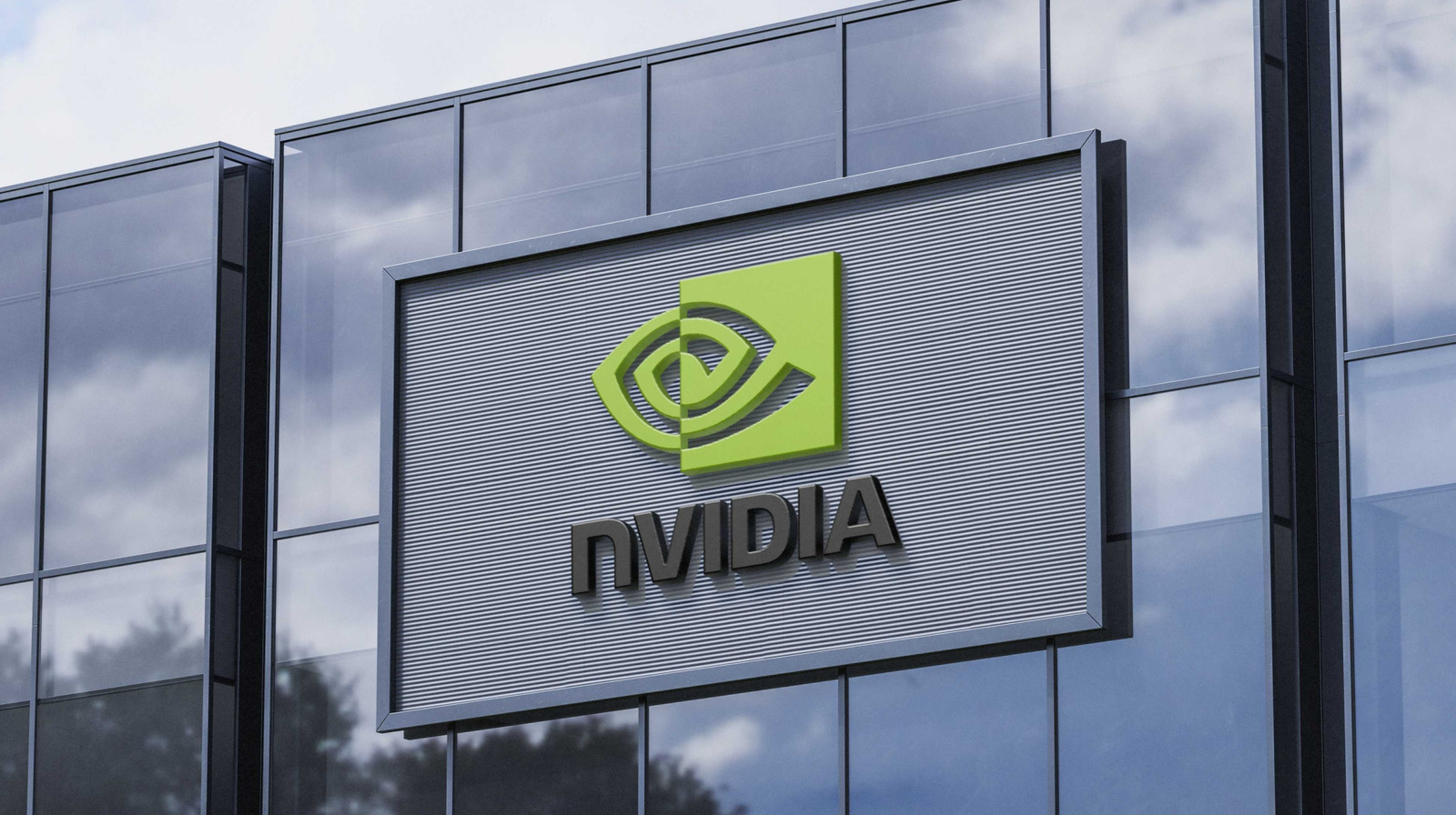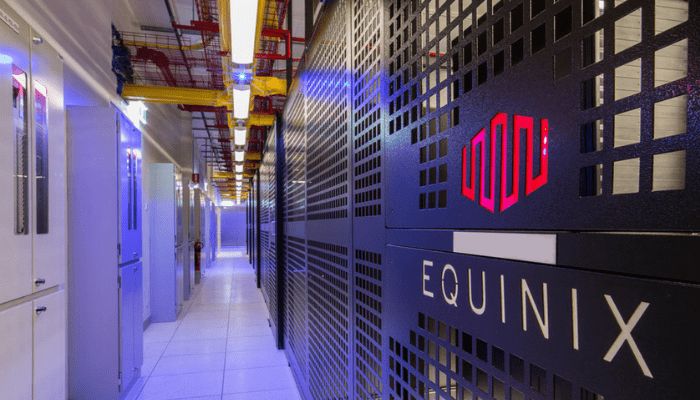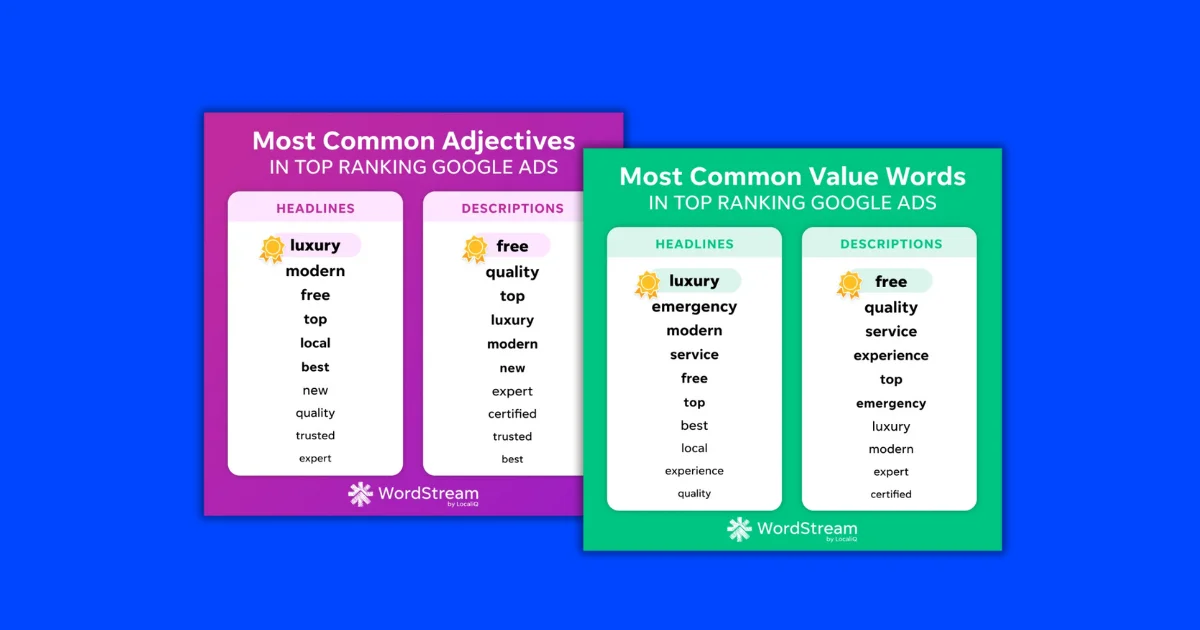At two gatherings in Abuja and Lagos last week, MTN Nigeria chief executive Karl Toriola made an unusual case for Africa’s digital future. If the continent wants to keep pace in artificial intelligence, he said, it will need nuclear power to run the data centres behind it.
His warning taps into a wider concern among policymakers: Africa’s grids are too weak and unreliable to support the nonstop electricity demands of hyperscale facilities. No data centre in the world runs directly on nuclear yet, but early projects in the US and Europe suggest it may soon be possible.
Toriola argued that nuclear power must anchor Africa’s mega data centres, as AI workloads demand far more electricity than Nigeria’s grid can reliably supply. The grid’s available capacity swings between 5,300 and 7,600 MW depending on plant conditions.
In July 2025, MTN Nigeria opened the Sifiso Dabengwa Data Centre in Lagos, now the largest Tier III facility in West Africa. It launched with 4.5 MW of capacity, with plans to grow to 9 MW in phase two and eventually reach 14 to 20 MW as demand rises.
Training large models and running advanced computing requires uninterrupted power. Solar, wind, and batteries are important for cutting emissions, but cannot supply the steady baseline that hyperscale data centres need. Hydropower is clean but limited by geography and seasonal flows. Nuclear, by contrast, offers consistent, large-scale, carbon-free electricity that can support high-density centres around the clock, though it raises questions on cost, waste, and siting.
Next Wave continues after this ad.
In the United States, Microsoft is investing in small modular reactors (SMRs) and exploring direct nuclear partnerships to power its future data centres. SMRs are small reactors, usually producing 50–300 megawatts, that can be built off-site and installed faster than traditional plants.. Unlike traditional large-scale plants, they are designed for quicker deployment, lower upfront costs, and improved safety.
Other global tech firms are following the same path. Amazon and Google are signing nuclear power purchase agreements to secure steady electricity for their cloud businesses, while OpenAI, Oracle, and SoftBank, through initiatives like Stargate, are testing the idea. Governments in Japan, the UK, France, and Canada are also backing pilot schemes that link nuclear plants to digital infrastructure.
Equinix, already active in Nigeria and other African markets, signed agreements in August 2025 to secure more than 1 GW of nuclear power for its global operations. In the United States, Standard Power is building SMR-powered data centres in Ohio and Pennsylvania, aiming to go live between 2028 and 2030.
Toriola warned that Africa risks being left behind if it does not match these efforts. Nigeria’s 17 data centres, the second-largest cluster on the continent, provide about 90 MW combined. That falls short of the 10 to 100 MW typically needed for AI-ready facilities. Many hyperscale centres abroad already draw 20 to 100 MW each, and the most advanced sites are crossing 200 MW. To compete, Nigeria would need at least 30 to 50 MW of reliable supply for a single facility. Even a 10 MW nuclear-backed plant could support a cluster and position the country as a regional hub, but only if the power is stable and scalable.
A promising development is that Africa is not starting from scratch. South Africa’s Koeberg station remains the only commercial nuclear plant on the continent. Egypt’s El Dabaa project, with four reactors totalling 4.8 GW, is due online in 2028. Other countries including Nigeria, Ghana, Kenya, Uganda, Rwanda, Algeria and Morocco are at various stages of exploring their own nuclear options, many focused on SMRs that can be scaled to match the needs of data centres and industrial parks.
Next Wave continues after this ad.
SMRs are particularly attractive for Africa because they can be deployed faster and with lower upfront costs than gigawatt-scale reactors. They can also be sited closer to load centres like data campuses, reducing transmission losses and improving resilience. First commercial SMRs are expected globally by 2030, a timeline that could align with Africa’s rising digital infrastructure needs.
AI data centres consume vast amounts of power, often matching the needs of a mid-sized city. Traditional nuclear reactors produce 900 to 1,600 MW each, with the largest complexes reaching 8 GW. Even a single SMR, at 50 to 300 MW, could keep several large centres running without interruption, something renewables alone cannot guarantee.
For African operators, nuclear offers steady, carbon-free electricity at a scale suited to cloud and AI workloads where outages carry heavy costs. It also reduces dependence on diesel, coal, and imported fuels, while strengthening long-term energy security.
Reactors and fuel are bound by treaties, export controls, and financing conditions that draw Africa into the strategic interests of the US, Russia, and China. Nigeria’s ICT minister Bosun Tijani noted at GITEX 2025 that these geopolitical frictions are already slowing AI development. South Africa and Egypt benefit from established nuclear regulators, but most other African states, including Nigeria, Ghana, Kenya, and Rwanda, are still building capacity, often with help from international agencies like the IAEA, AFCONE, and FNRBA.
Large nuclear plants cost tens of billions, more than the GDP of some African states. Even SMRs require hundreds of millions upfront and take years to build. Political instability, weak regulation, and security risks make financing even harder.
Africa needs vast new power capacity to support an AI-driven economy, yet current systems are stretched and propped up by diesel. This gap is why nuclear is being framed as a necessity. With global players investing heavily, African governments must choose whether to tackle the political and financial barriers or fall behind. South Africa and Egypt are already moving ahead, leaving others to decide if they will join them or risk further delay.
Next Wave ends after this ad.
Frank Eleanya
Senior Reporter,
Thank you for reading this far. Feel free to email frank[@]bigcabal.com with your thoughts about this edition of NextWave. Or just click reply to share your thoughts and feedback.
We’d love to hear from you
Psst! Down here!
Thanks for reading today’s Next Wave. Please share. Or subscribe if someone shared it to you here for free to get fresh perspectives on the progress of digital innovation in Africa every Sunday.
As always feel free to email a reply or response to this essay. I enjoy reading those emails a lot.
TC Daily newsletter is out daily (Mon – Fri) brief of all the technology and business stories you need to know. Get it in your inbox each weekday at 7 AM (WAT).
Follow on Twitter, Instagram, Facebook, and LinkedIn to stay engaged in our real-time conversations on tech and innovation in Africa.

